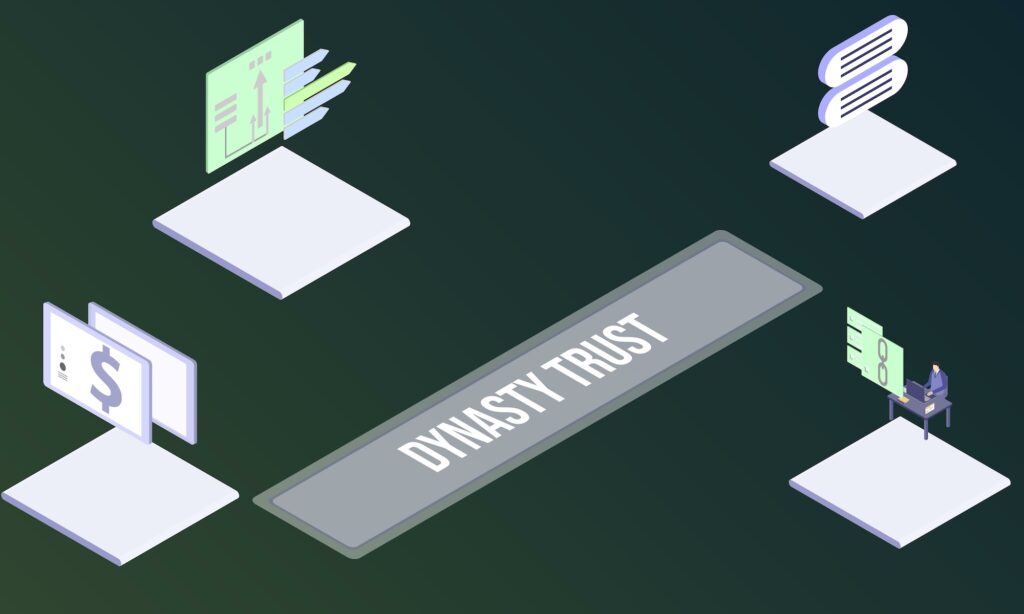The key to ensuring that your estate plan will work the way you envision is understanding that how you own your money and property (i.e., how title is held) determines whether your will or trust, or neither, controls who will receive that money and property.
Category Archives: Inheritance
When creating a trust, you can include specific provisions in your trust agreement that will either encourage or discourage certain kinds of behavior.
Bruce Wayne possess something key to moonlighting as Batman: money. Heir to an enormous fortune, Wayne emerges as one of Gotham’s wealthiest citizens. A major philanthropist who donates money to various causes, neither role would work without assets.
When people create estate plans, they typically focus on distributing their money and property to loved ones. For those interested in multigenerational wealth transfer, consider dynasty trusts.
The beneficiary of a blind trust also has no knowledge of what goes on with the trust. However, in most cases, the trust-maker is also the beneficiary. That is, the trust contains their personal money and property, and the trustee manages that money and property for the benefit of the trust-maker-beneficiary—the trust-maker-beneficiary just has no knowledge of, or control over, the activities of the trust.
surprised young business woman looking through binoculars on yellow background.
The news that you will be receiving an inheritance is often bittersweet. Sadly, it means that somebody close to you died. However, you might also have mixed emotions about your inheritance for reasons that have to do with the actual accounts or inherited property.
The National Association of Home Builders reports that people owned 7.5 million second homes in 2018. This makes up 5.5 percent of the total number of homes. Such vacation property must be planned for, managed, and maintained. What’s more, they birth happy memories for their owners. Consider these estate planning questions to protect your place […]
Blended families challenge us in life and death. Someone with children from a previous marriage balances wanting to provide for their children and their spouse. Specifically, concerns arise relative to the money left to the current spouse.
Using a bypass trust is another way to avoid the estate tax. In this case, Meat Loaf could have created a trust to hold an amount equal to his unused individual lifetime exclusion amount ($12.06 million), with any excess passing to his wife either outright or through a marital trust, therefore bypassing estate tax liability.











